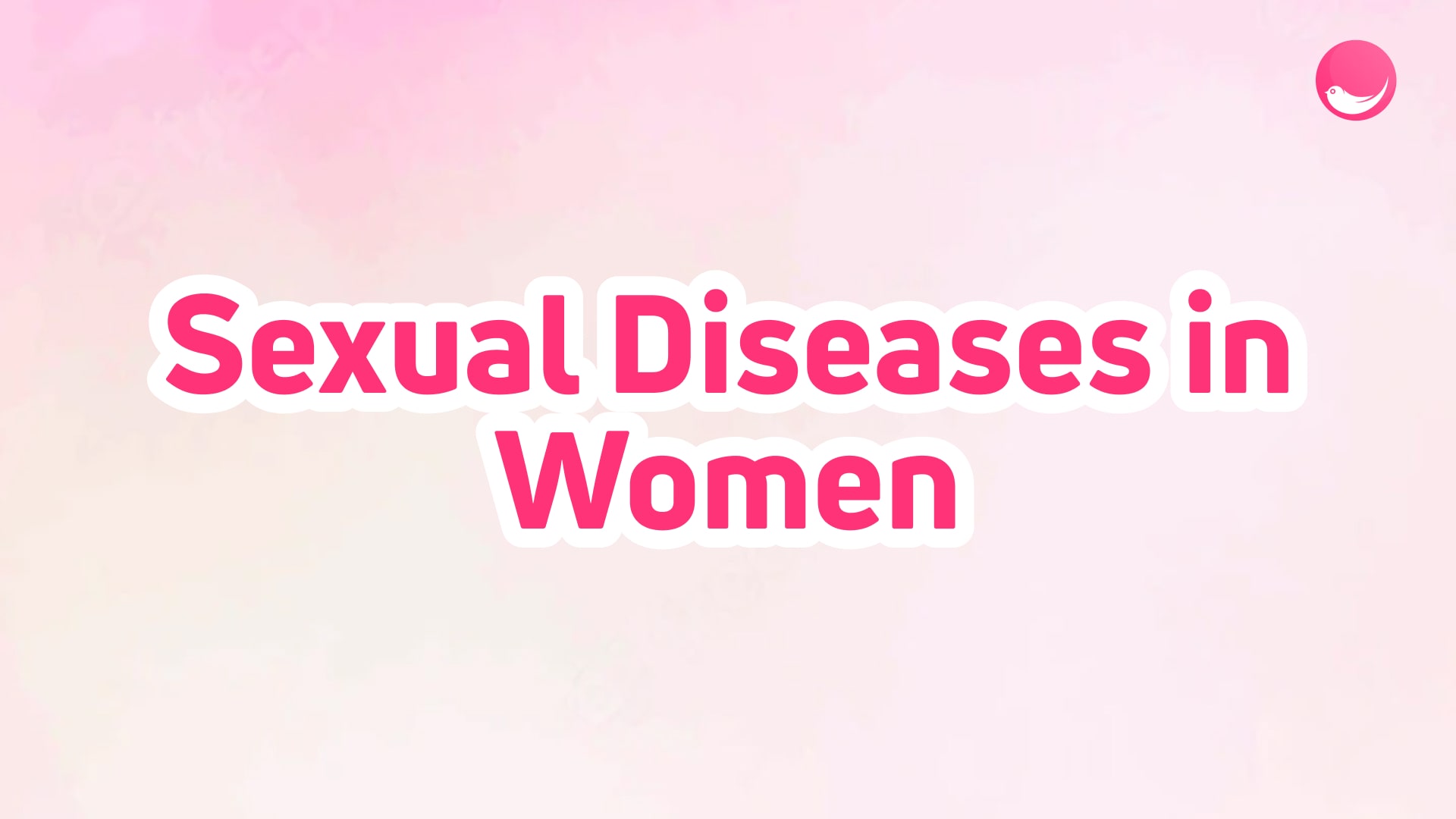Sexual Diseases in Women
Suzanna, age 27, has been married for two years. She has enjoyed a healthy sexual relationship with her husband. But, for the last two months, she finds herself unable to get aroused like she used to. Even if she feels aroused for a bit, she is unable to reach orgasm. For someone who enjoyed energetic sex life, this is scary for her.
Have you ever had similar experiences? Did your libido ever get lower than usual? Or you were unable to orgasm despite trying the methods that helped you before?
Many women suffer from different types of sexual problems. There is no shame in such conditions. Like every other health issue, sexual dysfunction should be taken seriously as well.
If you are someone who generally has sexual desire but no longer feels aroused, this can indicate sexual dysfunction. There are four types of common sexual problems:
Anorgasmia
Inability to have orgasms. You can also face less severe orgasms infrequently. This isn’t the same as being unable to orgasm to less stimulation.
If you try the methods that made you have orgasms before, but those same techniques no longer work, then you might have anorgasmia. Also, if you tried the methods that work for other people, but you have never experienced an orgasm in your life, then you might have anorgasmia as well.
Certain diseases (diabetes, sclerosis), medications (antidepressants, antihistamines), mental health issues (depression, stress, anxiety), internalized guilt, and past abuse are the causes of this disorder.
Dyspareunia
Experiencing pain during intercourse. If you feel pain in your genitals after being aroused, during, and afterward having sex, then you might have dyspareunia.
Some common symptoms include feeling extreme pain during penetration, aching and burning sensation, and pain lasting for a while after sex. If you feel such pain after becoming wet or using sufficient lubricants, this might be an indication of dyspareunia.
It could also mean infection, vaginismus, inflammation, or trauma from past experiences. Sex is supposed to be pleasurable so if you feel pain just from arousal or entry, that signals a bigger issue.
Hypoactive Sexual Desire Disorder
Experiencing low libido or sexual desire. If you had robust sexual desire before but found yourself devoid of such feelings, then it might be a case of HSDD (hypoactive sexual desire disorder).
Symptoms include losing desire for sex, not becoming interested in a partner’s advances, and feeling no desire to participate in activities that were pleasurable before. Hormonal imbalance, menopause, postpartum, bladder illness, and heart diseases are common physical causes.
Hormonal imbalance, menopause, postpartum, bladder illness, and heart diseases are common physical causes. Most of the time this disorder is caused by deteriorating mental health. Having low body image, anxiety, stress, depression, fatigue or past sexual trauma are common factors.
Sexual Arousal Disorder
Inability to feel arousal. Women with sexual arousal disorder find themselves losing interest in all forms of sex. Whether it be direct sexual intercourse or reading, or watching sexual words, nothing arouses them.
Another common symptom is that they no longer produce natural lubricants in the vagina because they feel no arousal of any sort. The causes are similar to HSDD. Mental factors, such as fatigue, stress, depression, and past trauma attribute to this disorder. Medication dosage is another common cause.
Sexual arousal disorder is common in older women. Sometimes culturally we are fed misconceptions about female libido. Not feeling any arousal isn’t a sign of purity but rather a sign of illness. Talking to your gynecologist and getting the necessary tests (pelvic exam, complete blood count test) can improve the quality of your life.
Treatment options
Common treatment methods for sexual problems include therapy, medication, and hormone therapy. If you have a partner, talking with them about your discomfort can go a long way. Most of the time these problems are caused by mental health issues so being open-minded about your mental well-being can benefit you.
Download Chondo App
Track your period and get notified.
Download
Beta






